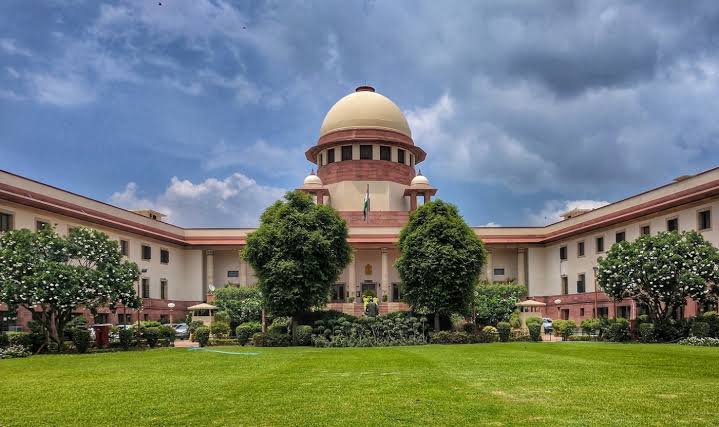New Delhi, July 27, 2025: The Union government has strongly opposed any move to reduce the legal age of consent from 18 to 16 years, warning that such a step could endanger children by creating legal loopholes that may be exploited under the pretext of consensual relationships.
In a written submission to the Supreme Court, the Centre stated that loosening age-based protections “could open avenues for abuse under the guise of consensual activity.” The statement came as the apex court continues hearing a 2012 public interest litigation filed by Nipun Saxena concerning the age of consent under Indian law.
The government asserted that the current age threshold of 18 is a “deliberate, well-considered, and coherent statutory policy” designed to protect minors from sexual exploitation. It pointed out that this threshold is consistently upheld across key laws, including the Protection of Children from Sexual Offences (POCSO) Act, 2012, the Indian Penal Code, 1860, and the newer Bharatiya Nyaya Sanhita, 2023.
Amicus curiae Indira Jaising had earlier suggested that the Court should consider exempting consensual sexual activity between adolescents aged 16 to 18 from criminal prosecution, arguing that such relationships could be “non-abusive and non-exploitative.” However, the Centre rejected this proposal, cautioning that any such exception would risk reversing significant progress made in child protection and could dilute the legal safeguards envisioned in child-related statutes.
The government warned that legal recognition of consent by minors would effectively transfer the burden of judgment and scrutiny onto the child, who may not fully comprehend or communicate informed consent and its consequences. It added that this would weaken the deterrent framework provided by laws such as the POCSO Act and compromise the presumption of vulnerability that forms the foundation of child protection law in India.
Arguing against statutory exceptions or reforms based on adolescent autonomy, the submission emphasized that discretion in individual cases should remain judicial and must not be codified as a general rule in the law. “A diluted law risks opening the floodgates to trafficking and other forms of child abuse under the garb of consent,” it noted.
The Centre also cited the Ministry of Women and Child Development’s 2007 report titled Study on Child Abuse: India 2007, which revealed that over 53% of children had experienced some form of sexual abuse. Alarmingly, around half of the perpetrators were people in positions of trust—parents, relatives, neighbors, or school staff. The report highlighted that abuse by known individuals often goes unreported due to manipulation or fear, further reinforcing the need for strong, uniform legal protections.
The Centre’s submission signals its firm stance on preserving the current legal age of consent, underlining that any dilution could severely compromise the welfare and safety of minors.
Centre Firmly Opposes Lowering Age of Consent, Cites Risk of Abuse and Exploitation

